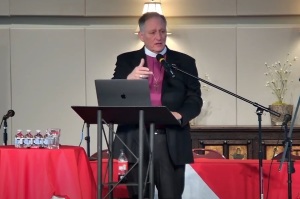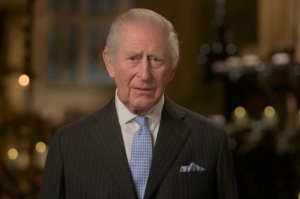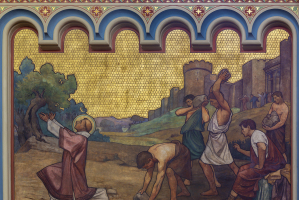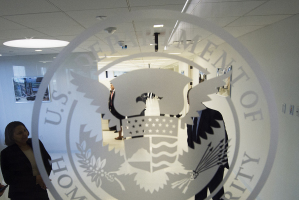Christians, UN Share Same Goals in Serving World's Poor, Says WEA UN Rep
World Evangelical Alliance's Representative to the UN Suggests More Christians Should Support Global Agency
NEW YORK -- The World Evangelical Alliance's (WEA) representative to the United Nations suggests that Christians and the global agency share similar goals of making the world a better place by working to eradicate hunger, poverty and diseases, and that the wold's poor and most vulnerable could be better served if more Christians support the U.N. in its work.
The WEA has been a member of the U.N.'s Economic and Social Council (ECOSOC), which focuses on international economic and social issues, since the late 1990s. After moving its headquarters to New York City in 2010, the WEA has increased its engagement at the U.N. The Christian organization focuses on promoting peace and reconciliation, advocating for the poor and needy, and also communicating evangelical beliefs and values, Deborah Fikes told The Christian Post in a recent interview.
Fikes, the WEA's representative to the U.N., explained, "My goal is to educate evangelicals around the world and in the United States about what the U.N. does, what mechanisms and entities exist to really help provide for vulnerable people.
"I think it's very important to connect with entities that are working on an international and regional level to promote human rights and provide protection for the vulnerable, and to promote peace," she said. "And the U.N. really is the leading entity that does that. So I believe it is very important for us as followers of Christ, to be part of any entity that is trying to advance those principles."
More than 50 million refugees fleeing persecution, violence and war have received aid from the Office of the U.N. High Commissioner for Refugees (UNHCR) since 1951, according to U.N. data. There are more than 25 million refugees, asylum-seekers and internally displaced persons, mostly women and children, who are currently receiving food, shelter, medical aid, education and reparation assistance from the UNHCR.
Although she believes the U.N. does in many ways the same work as that of Christian missions around the world, there is room for more Christians to get involved with the global agency's goal of serving the world's most vulnerable, who often lack basic necessities like food, access to clean water and education.
"I have found that very few evangelicals know how many people are helped on a daily basis through the agencies of the U.N. Millions are fed, housed, and rescued from violence and abuse because of the U.N. workers and funds," Fikes said.
Christians are in possession of a well-developed infrastructure of church organizations spread around the world. If they worked with the U.N., together the two bodies might sooner achieve the Millennium Development Goals, Fikes suggested.
The U.N.'s Millennium Development Goals (MDGs) are part of an initiative to combat global poverty by 2015 by targeting eight major social problems, from poverty and hunger to lack of education, gender inequality, and the spread of HIV/AIDS.
The United Nations has been facing budgetary constraints, according to Fikes, and the representative is proud that "the WEA can really contribute to make a huge difference." The evangelical organization has 600 million constituents in 129 countries and in the next 10-15 years it is estimated the number will reach one billion constituents.
"So we have the capability to provide infrastructure to really make a huge difference if we partner with existing entities that are already working on these critical issues," Fikes told CP. "It's such a positive witness, I think, for the love of Christ, that we should be involved in this issue. So I hope to see evangelical churches do more around the world."
The U.N. also provides unique opportunities to meet with people and voice the concerns of Evangelicals on certain issues, Fikes noted.
"I think it is important to help people understand a little bit more about who evangelicals are and what they believe and what's important to them, which ties in with much of what the United Nations considers as important as well and why they exist. We are educating them about who we are, communicating about our vision for reconciliation and ministering to the needs of the world."



























